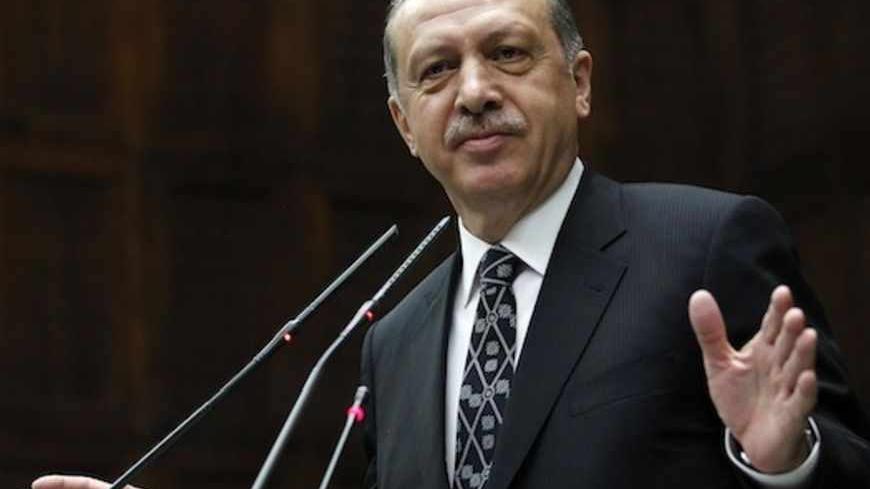There's been much debate in Turkey and abroad as to whether Turkish Prime Minister Recep Tayyip Erdogan has the right policies to end the Kurdish armed movement. Erdogan's statements tackling the issue provide the best indicators available to assess whether he has a clear mind in addressing it, and whether the process is as transparent as claimed.
Let’s begin with the terminology. For Kurdish nationalists, the "Kurdish issue" means only the Kurdish right to self-determination. When Erdogan went to Diyarbakir, the hotbed of Kurdish nationalism, in August 2005 and said publicly that Turkey has a "Kurdish issue," it marked a historic turning point for Turkey. But in April 2011, Erdogan said, "There is no Kurdish issue in this country. I don't accept it. My Kurdish brother may have problems, but there is no longer a Kurdish issue." People wondered how the Kurdish issue had been resolved — or why the prime minister shifted his position on this very sensitive topic. Soon after, in June 2011, Erdogan visited Diyarbakir again and said, "Whatever I said here in Diyarbakir in 2005, I'm standing behind the same statement. There is a Kurdish issue in this country." Erdogan continues to fail to have coherent terminology, and one wonders whether his vacillations reflect a tactic developed to confuse people, or simply an act to appeal to different constituencies and win votes.



